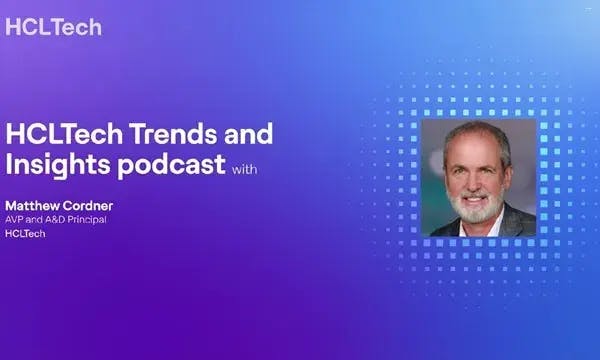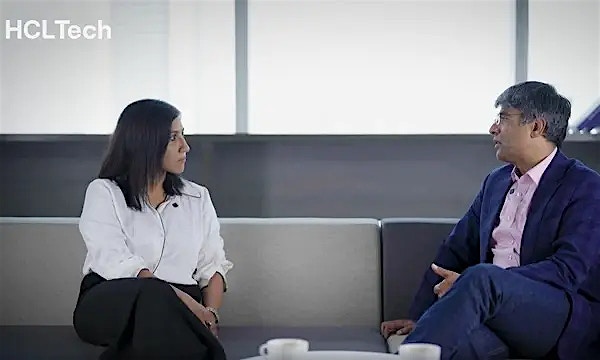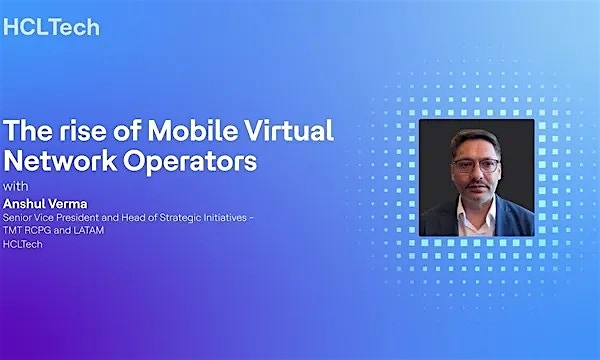Video
Section CTA
Verizon Business leads telecom shift with AI and cloud
Chau Dang, VP of Operations, Governance and Strategy at Verizon Business, outlines the critical role of AI and cloud in transforming telecom

Chau Dang, VP of Operations, Governance and Strategy at Verizon Business, outlines the critical role of AI and cloud in transforming telecom

Matthew Cordner, Aerospace & Defense Principal at HCLTech, shares a fresh, experience-based perspective on what it really takes to deliver strategic digital transformation in this complex industry

Olivier Poulain, Senior Technical Architect and eSIM expert at HCLTech, explains how the shift from SIM to eSIM is reshaping global connectivity and unlocking new business models

Piyush Saxena on moving beyond AI pilots and proofs of concept

Playing now
Total Experience: A necessary strategy or just another buzzword?
Gaurav Bhatia, CMO of PenFed Credit Union, speaks with Mousume Roy, highlighting the role of Total Experience in enhancing organizational resilience

Anshul Verma, SVP and Head of Strategic Initiatives at HCLTech, reveals how Mobile Virtual Network Operators will reshape telecom markets worldwide, with Brazil as a key player
Podcast
Section CTA

0:00
progress
00:00
Subscribe to the HCLTech Newsletter
for our latest news and insights















